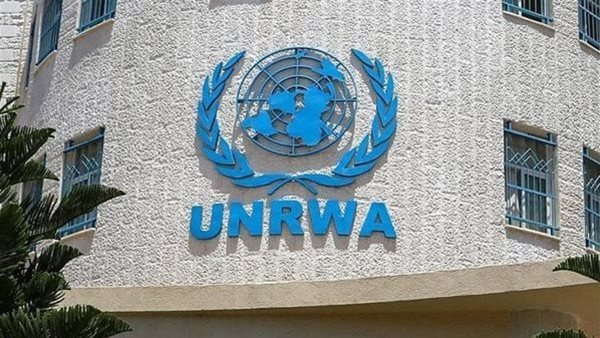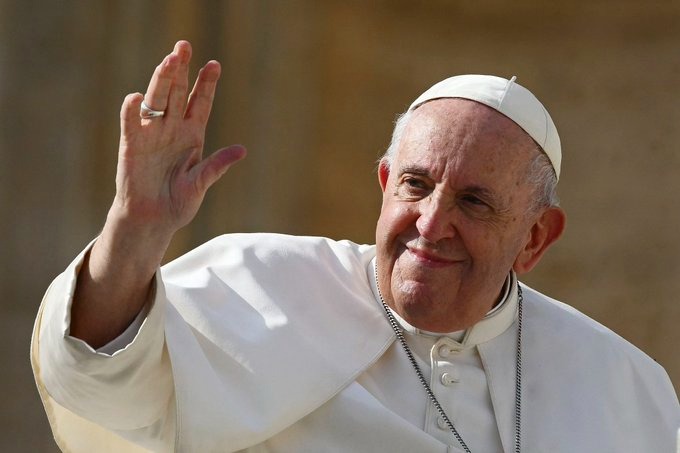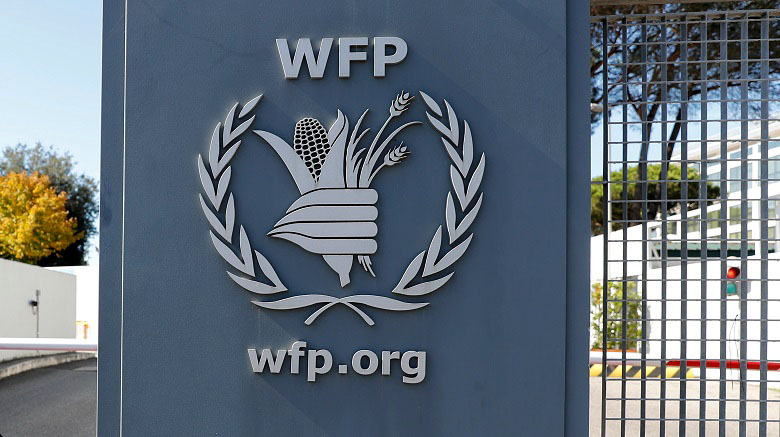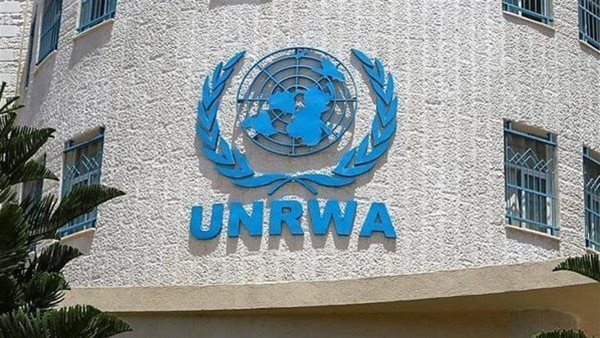Remarks by President Biden on the Middle East
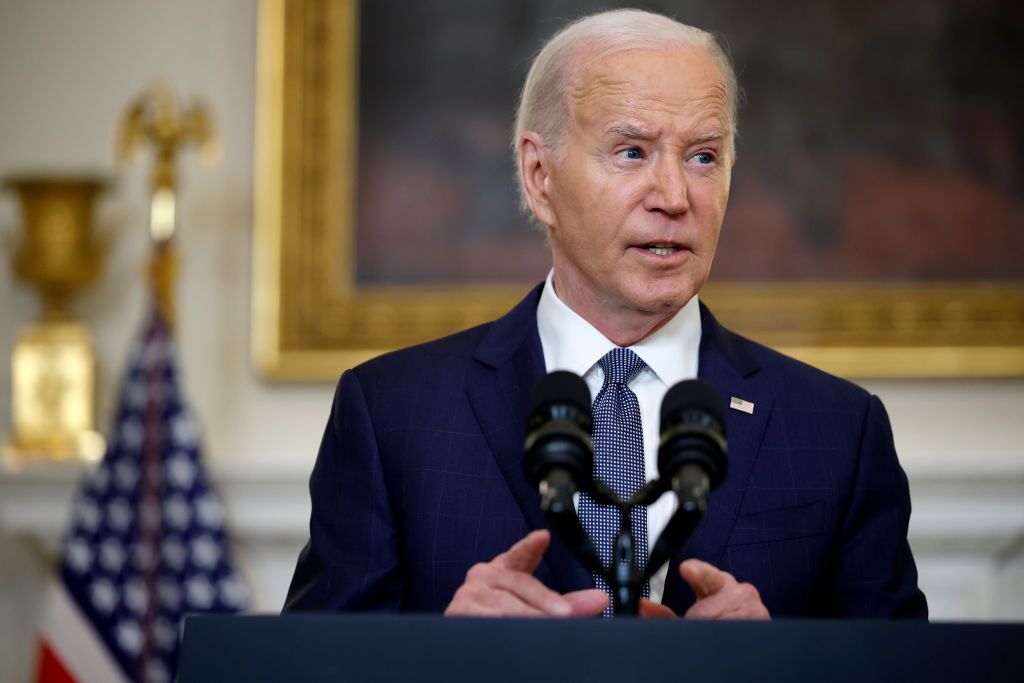
1:28 P.M. EDT
THE PRESIDENT: Hello, folks.
(The President checks his watch.) Just checking it’s afternoon. (Laughter.) Good afternoon. Before I begin my remarks, I just wanted to say a few words about what happened yesterday in New York City.
The American principle that no one is above the law was reaffirmed.
Donald Trump was given every opportunity to defend himself.
It was a state case, not a federal case. And it was heard by a jury of 12 citizens — 12 Americans, 12 people like you. Like millions of Americans who served on juries, this jury was chosen the same way every jury in America is chosen. It was a process that Donald Trump’s attorney was part of.
The jury heard five weeks of evidence — five weeks. And after careful deliberation, the jury reached a unanimous verdict. They found Donald Trump guilty on all 34 felony counts. Now he’ll be given the opportunity, as he should, to appeal that decision just like everyone else has that opportunity.
That’s how the American system of justice works.
And it’s reckless, it’s dangerous, and it’s irresponsible for anyone to say this was rigged just because they don’t like the verdict.
Our justice system has endured for nearly 250 years, and it literally is the cornerstone of America — our justice system.
The justice system should be respected, and we should never allow anyone to tear it down. It’s as simple as that.
That’s America. That’s who we are. And that’s who we’ll always be, God willing.
Now to another issue. I — I want to give an update on my efforts to end the crisis in Gaza.
For the past several months, my negotiators of foreign policy, intelligence community, and the like have been relentlessly focused not just on a ceasefire that would eve- — that would inevitably be fragile and temporary but on a durable end to the war. That’s been the focus: a durable end to this war.
One that brings all the hostages home, ensures Israel’s security, creates a better "day after” in Gaza without Hamas in power, and sets the stage for a political settlement that provides a better future for Israelis and Palestinians alike.
Now, after intensive diplomacy carried out by my team and my many conversations with leaders of Israel, Qatar, and Egypt and other Middle Eastern countries, Israel has now offered — Israel has offered a comprehensive new proposal.
It’s a roadmap to an enduring ceasefire and the release of all hostages.
This proposal has been transmitted by Qatar to Hamas.
Today, I want to lay out its terms for the American citizens and for the world.
This new proposal has three phases — three.
The first phase would last for six weeks. Here’s what it would include: a full and complete ceasefire; a withdrawal of Israeli forces from all populated areas of Gaza; a release of a number of hostages — including women, the elderly, the wounded — in exchange for the release of hundreds of Palestinian prisoners. There are American hostages who would be released at this stage, and we want them home.
Additional, some remains of hostages who have been killed would be returned to their families, bringing some degree of closure to their terrible grief.
Palestinians — civilians — would return to their homes and neighborhoods in all areas of Gaza, including in the north.
Humanitarian assistance would surge with 600 trucks carrying aid into Gaza every single day.
With a ceasefire, that aid could be safely and effectively distributed to all who need it. Hundreds of thousands of temporary shelters, including housing units, would be delivered by the international community.
All of that and more would begin immediately — immediately.
During the six weeks of ph- — of phase one, Israel and Hamas would negotiate the necessary arrangements to get to phase two, which is a permanent end to hostol- — to hostilities.
Now, I’ll be straight with you. There are a number of details to negotiate to move from phase one to phase two. Israel will want to make sure its interests are protected.
But the proposal says if the negotiations take longer than six weeks for phase one, the ceasefire will still continue as long as negotiations continue.
And the United States, Egypt, and Qatar would work to ensure negotiations keep going — all agreements — all agreements — until all the agreements are reached and phase two is able to begin.
Then phase two: There would be an exchange for the release of all remaining living hostages, including male soldiers; Israeli forces would withdraw from Gaza; and as long as Hamas lives up to its commitments, a temporary ceasefire would become, in the words of the propo- — the Israeli proposal, "the cessation of hostilities permanently,” end of quote. "Cessation of hostilities permanently.”
Finally, in phase three, a major reconstruction plan for Ga- — for Gaza wou- — would commence. And any final remains of hostages who have been killed would be returned to their families.
That’s the offer that’s now on the table and what we’ve been asking for. It’s what we need.
The people of Israel should know they can make this offer without any further risk to their own security because they’ve devastated Hamas form- — forces over the past eight months. At this point, Hamas no longer is capable of carrying out another October 7th, which — one of the Israelis’ main objective in this war and, quite frankly, a righteous one.
I know there are those in Israel who will not agree with this plan and will call for the war to continue indefinitely. Some — some are even in the government coalition. And they’ve made it clear: They want to occupy Gaza, they want to keep fighting for years, and the hostages are not a priority to them.
Well, I’ve urged the leadership in Israel to stand behind this deal, despite whatever pressure comes.
And to the people of Israel, let me say this. As someone whose had a lifelong commitment to Israel, as the only American president who has ever gone to Israel in a time of war, as someone who just sent the U.S. forces to directly defend Israel when it was attacked by Iran, I ask you to take a step back and think what will happen if this moment is lost.
We can’t lose this moment. Indefinite war in pursuit of an unidentified notion of "total victory” will not bring Israel in — will not bring down — bog down — will only bog down Israel in Gaza, draining the economic, military, and human- — and human resources, and furthering Israel’s isolation in the world.
That will not bring hostages home. That will not — not bring an enduring defeat of Hamas. That will not bring Israel lasting security.
But a comprehensive approach that starts with this deal will bring hostages home and will lead to a more secure Israel. And once a ceasefire and hostage deal is concluded, it unlocks the possibility of a great deal more progress, including — including calm along Israel’s northern border with Lebanon.
The United States will help forge a diplomatic resolution, one that ensures Israel’s security and allows people to safely return to their homes without fear of being attacked.
With a deal, a rebuilding of Gaza will begin [with] Arab nations and the international community, along with Palestinian and Israeli leaders, to get it done in a manner that does not allow Hamas to re-arm.
And the United States will work with our partners to rebuild homes, schools, and hospitals in Gaza to help repair communities that were destroyed in the chaos of war.
And with this deal, Israel could become more deeply integrated into the region, including — it’s no surprise to you all — including no — a po- — potential historic normalization agreement with Saudi Arabia. Israel could be part of a regional security network to counter the threat posed by Iran.
All of this progress would make Israel more secure, with Israeli families no longer living in the shadow of a terrorist attack.
And all of this would create the conditions for a different future and a better future for the Palestinian people, one of self-determination, dignity, security, and freedom. This path is available once the deal is struck.
Israel will always have the right to defend itself against the threats to its security and to bring those responsible for October 7th to justice. And the United States will always ensure that Israel has what it needs to defend itself.
If Hamas fails to fulfill its commitments under the deal, Israel can resume military operations. But Egypt and Qatar have assured me and they are continuing to work to ensure that Hamas doesn’t do that. And the United States will help ensure that Israel lives up to their obligations as well.
That’s what this deal says. That’s what it says. And we’ll do our part.
This is truly a decisive moment. Israel has made their proposal. Hamas says it wants a ceasefire. This deal is an opportunity to prove whether they really mean it.
Hamas needs to take the deal.
For months, people all over the world have called for a ceasefire. Now it’s time to raise your voices and to demand that Hasa- — Hamas come to the table, agrees to this deal, and ends this war that they began.
Of course, there will be differences on the specific details that need to be worked out. That’s natural. If Hamas comes to negotiate ready to deal, then Israel negotiations must be given a mandate, the necessary flexibility to close that deal.
The past eight months have marked heartbreaking pain: pain of those whose loved ones were slaughtered by Hamas terrorists on October 7th; hostages and their families waiting in anguish; ordinary Israelis whose lives were forever marked by the shattering event of Hamas’s sexual violence and ruthless brutality.
And the Palestinian people have endured sheer hell in this war. Too many innocent people have been killed, including thousands of children. Far too many have been badly wounded.
We all saw the terrible images from the deadly fire in Rafah earlier this week following an Israeli strike against — targeting Hamas. And even as we work to surge assistance to Gaza, with 1,800 trucks delivering supplies these last five days — 1,800 — the humanitarian crisis still remains.
I know this is a subject on which people in this country feel deep, passionate convictions. And so do I. This has been one of the hardest, most complicated problems in the world. There’s nothing easy about this — nothing easy about it.
Through it all, though, the United States has worked relentlessly to support Israelis’ security, to get humanitarian supplies into Gaza, and to get a ceasefire and a hostage deal to bring this war to an end.
Yesterday, with this new initiative, we’ve taken an important step in that direction.
And I want to level with you today as to where we are and what might be possible. But I need your help. Everyone who wants peace now must raise their voices and let the leaders know they should take this deal; work to make it real, make it lasting; and forge a better future out of the tragic terror attack and war.
It’s time to begin this new stage, for the hostages to come home, for Israel to be secure, for the suffering to stop. It’s time for this war to end and for the day after to begin.
Thank you very much.









